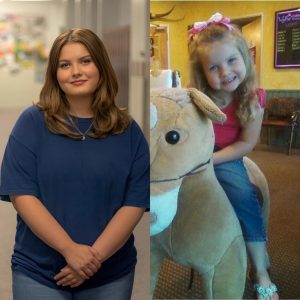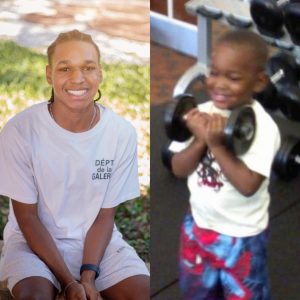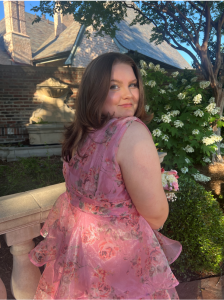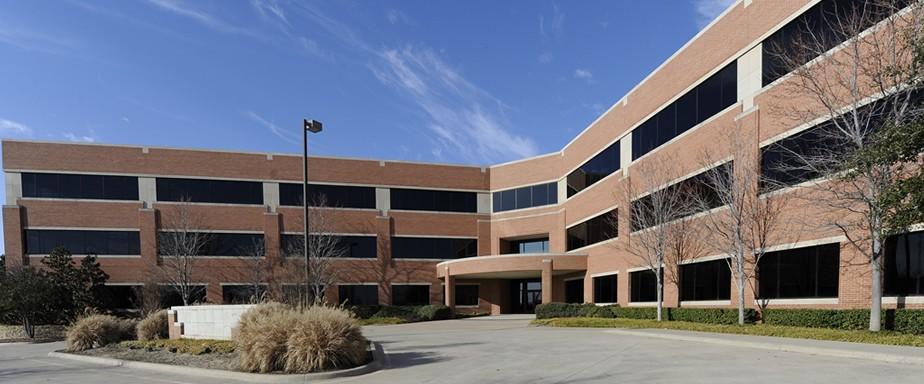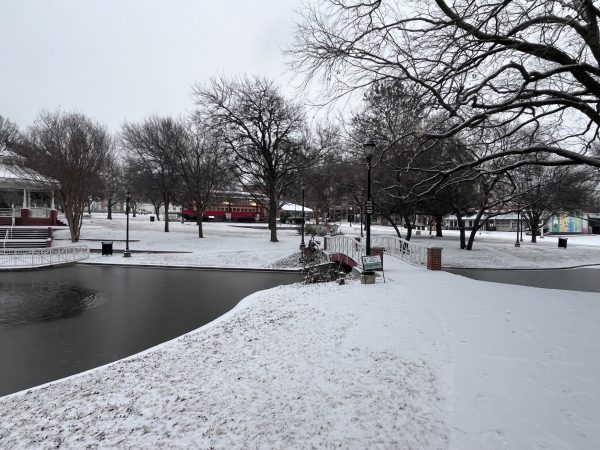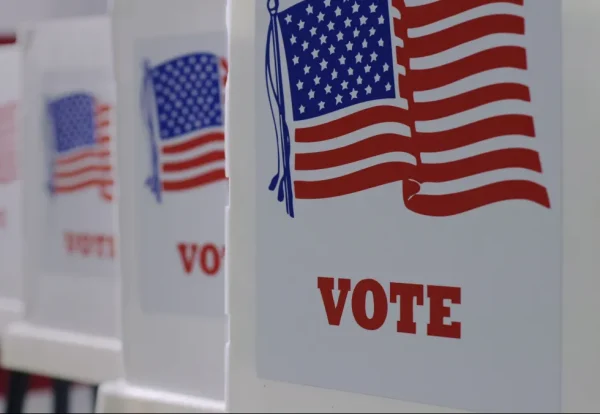PISD introduces new academies
It doesn’t look like a school. In fact, it used to be a call center for the Southwestern Bell Company. There are no classrooms, open spaces or a ceiling. It looks industrial, with metal rods scattered everywhere.
“When I walked into the school for the first time, it was like a marriage proposal, and it sealed the deal for me,” said Renee Godi, principal of the Problem-Based Learning Academy, one of the three new PISD academies. “It’s an inspiring building. It just has a feel of a creative space, and when I think about the work we’re about to do and the innovative-thinking students we’re hoping to produce, I know it is the perfect environment for them to be in.”
The new, tuition-free academies, opening Aug. 26, 2013, stemmed from parents’ desires to see more education options for their children. The idea was introduced during a parent discussion three years ago. The Board of Trustees pictured how magnet schools should look like and what their specialized focus areas should be. A group of 70 to 80 parents, students, teachers and business members formed the Academy Visioning Committee. It was created by the PISD Board of Trustees to study and advice the achievability of creating a four-year option that offers programs not currently available in high schools and senior high schools. Their search for missing courses helped to create the PBL, or problem-based learning concept. It includes STEAM, which stands for science, technology, English, arts and math. STEAM is the context in which students learn. Godi associates problem-based learning with the “how” piece in student education, and STEAM with the “what” piece.
In the PBL academy, students will learn primarily through projects. They will be divided into groups and assigned real-world problems. The teachers, called facilitators, are to help guide them through that process. The students will create a product that connects to the Plano community, to a business or to some audience beyond the school walls. Students will gain a more global perspective with teachers who have a variety of expertise. Texas Instruments is a founding sponsor who is helping develop the projects and will evaluate the students’ final presentations. They will occupy a space in the building and give kids the opportunity to approach them and talk to someone in a particular field.
The second academy is the Health Science Academy, which will encourage different health professions. It is a unique opportunity because students can work with Collin College to obtain up to 54 college credits.
The third academy, the IB, or International Baccalaureate World School, already exists at Plano East. However, at this school the IB schedule will begin at 9th grade instead of 11th to integrate 9th and 10th graders into the program more quickly.
Compared to Plano senior high schools, the PISD academies are four-year programs. According to Godi, their main appeal is the large number of choices they offer. Godi is hoping her academy will help create a connection between students and a love of learning.
“There are some outstanding, really robust and rich programs at the high schools that have helped a large majority of students to connect, but there are a small percentage of students that have yet to find that connection,” Godi said. “I’m hoping that students that come to these academies, specifically mine, will feel a sense of belonging, a connection that this is what I was made to do and inspired to think, create and do in ways that they have never done before. We live in a world of choices, and I think it is perfect to be able to have the freedom to showcase not only in the way that you would like to but to give a sense of identity for each student. They can show their learning through their love for art, music or dance. We’ve created these arbitrary divisions among subject areas, but in actuality if we take apart those subject areas, there are connections among them. We have the opportunity in our school to showcase that.”
Like Godi, Richard Matki, the superintendent of Plano schools, plays a vital role in the establishment of the academies. As superintendent, he is responsible for administering the policies of the school district, hiring personnel and providing the administrative leadership for the operation of schools. Matkin shares Godi’s positive views on the academies and the opportunities they offer.
“It will be exactly what some students are looking for, while the other students will continue on with the education and traditional path of their normal school,” Matkin said. “It’s just another opportunity the district is offering to allow them to do their own thing. It’s about finding something that stimulates and makes the students successful. It’s a two-way street – we have to provide a vital program for them and they have to come in willing to do the things necessary to be successful. It is a partnership between the school and students.”
Godi is a promoter of teaching life skills rather than just content. She believes there isn’t a particular pathway to career readiness, and the reality is that there are plenty of students, fresh out of college, with Bachelor’s or Master’s degrees who are struggling to find work because of the way the market is.
“Other skills such as how to think outside the box, communicate effectively, take initiative and work in a team properly aren’t taught, but either learned by default or not learned at all,” Godi said. “These are what companies are looking for, innovative thinkers who will come up with ideas and are fearless in presenting those ideas. You put yourself in a vulnerable position and take chances. Right now what they are receiving is kids who can only think a certain way because they are stuck following a rubric. They can’t offer ideas. I would hope that senior high students are seeing that and thinking of ways to develop those skills. I hope when our students graduate, not only do they get into competitive four-year colleges, but they are ready to take that next step in life.”
Matkin said the academies will impact the normal high schools in an almost miniscule level, and will not have any negative effects. The only thing he sees changing for the normal high schools are the size of their student bodies.
“With the boundary shifts, enrollment is getting a lot bigger at Plano Senior and Plano West,” Matkin said. “That is why we picked the east part of town, to have the academies relieve some of this growth. I think if anything it will make those three senior high campuses a little bit more equal-sized.”
The PISD academies will have 150 students per grade, in order to provide more individual attention. There are no set admission requirements except the following of the recommended graduation program. If more than 150 students per grade level apply, the lottery technique will be used to choose a wider range of students.
“The right way to look at it is that we are providing an opportunity for students to connect with learning in a new way,” Godi said. “I love the aspect of being with students for four years and being able to know how to intervene with a kid. I want that experience with them. It is making sure you follow your passion. Not only is there a sense of satisfaction and completion when you are passionate about something, but you are maximized and can make a tremendous impact and influence because you are giving 110 percent. I hope future participants explore their options, because they are very lucky to have four outstanding options of attending either normal high school or one of the three academies. It is just a matter of which resonates with them the most. I believe the foundation to our school is you can do anything if you set your mind to it and have the right strategies. You may not be the best at it, but you can do it.”
The academies are non-traditional schools. The PBL academy will have no formal athletics, UIL or fine arts program. Students in the IB and health science academies will be able to participate in UIL events because the programs are contained within the larger context of a bigger school – Plano East and Williams High School. The PBL academy students will be able to create their own clubs. All of the teachers will have taken a physics course, even those who have never been exposed to the subject. The teachers are currently working on creating a curriculum for the future 9th and 10th graders. They are brainstorming project ideas and finding more corporate sponsors and companies that believe in the academies.
“It’s putting yourself in an environment that stretches your thinking and surrounds yourself with people who think differently than you. Some people think students just don’t care. I don’t think that at all,” Godi said. “They have valuable ideas, but in the structure we have, we’ve hindered and stifled their ideas so much more than we realize. I am a very belief-centered person and I’m hoping how we teach isn’t hierarchical. I want it to be seamless. I want students to be able to give me feedback and have a voice. I want to able to see the students’ faces light up with a connection to the school. What kids are going to be doing is amazing, and I feel blessed to be a part of it. It is everything that I think is good and right for students and I believe in it a hundred percent.”
Your donation will support the student journalists of Plano Senior High School. Your contribution will allow us to purchase equipment and cover our annual website hosting costs.
Senior Priyanka Hardikar is looking forward to her second year in newspaper, this year as an editor. As online editor, she hopes to take the online publication...

